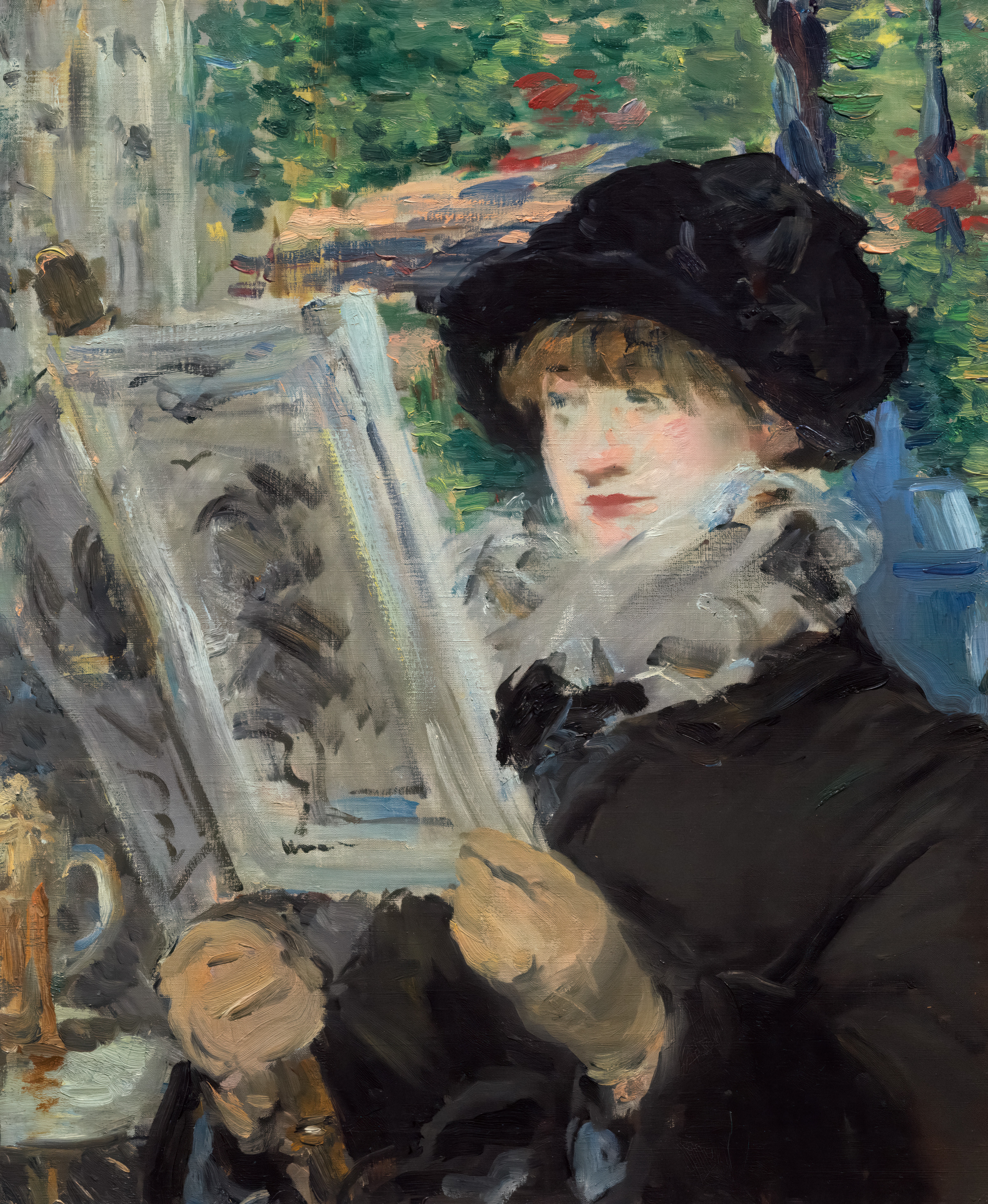
I turned eighteen several days ago. Considering I have been mentally eighty for several years, physically turning eighteen feels… almost natural. Eighteen is a strange number. Legally, it carries the weight of adult jail, child adoption, marriage, voting, and endless terms & conditions. But eighteen is also an expecting number, waiting for me to act and to become.
Yet, to maintain my octogenarian way of living, I wanted to mark my entry into adulthood by sharing eighteen things I have learned in my eighteen years of life. It is a manifesto of sorts. A reflection, a foundation, and a preparation. May these words provide food for thought and comfort as you enter this new year.
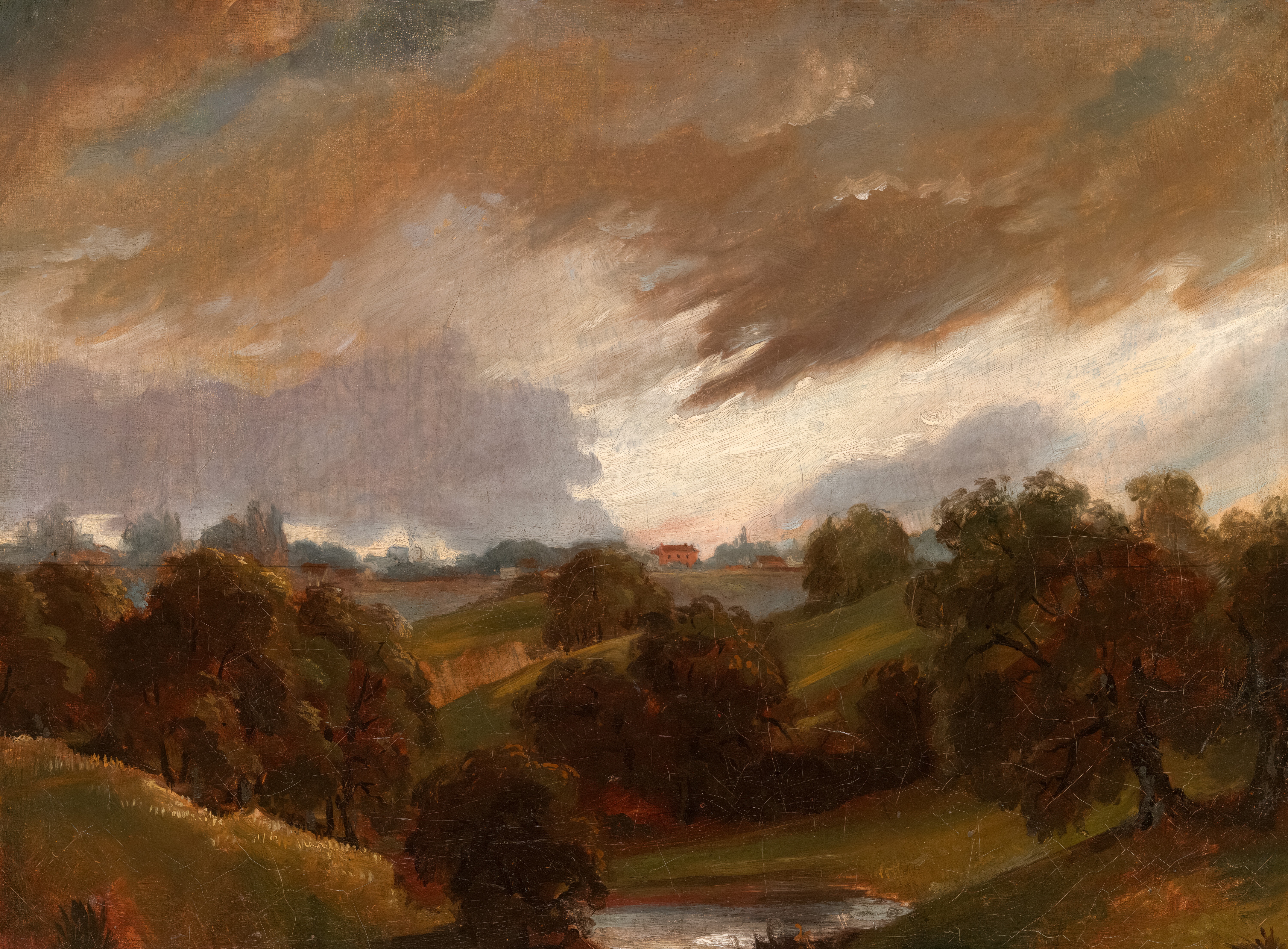
1. God is always speaking
God dwells with us, manifesting in tangible and intangible ways. His voice underlies the cry of a bird and the flicker of a star. He is always speaking to us. He speaks through people, through the words of teachers and friends. He speaks through his scriptures, through the sentences that glimmer on the page, relevant to my circumstances. He speaks through his creation, the rosy whirl of a sunlit cloud and the calm of quiet waters. Listen, watch, wait.
2. One’s identity should be steadfast
It is critical to find one’s identity in something that is constant. The applaud of men may fade, the grades may decline, the writer’s muse may vanish, the legs may strain and break, and the mind may forget and fall away. Our bodies are always changing and our circumstances are always changing.
Accustomed to the prevalent idea that my productivity, social approval, mind, and body determine my worth, it is difficult for me to shift my mindset. Recognition of this flawed measure of value is only the beginning of reckoning with my identity. But, as I grow, I desire to be rooted in stable ground, ground that can withstand the fickle waves of external and internal pressures. For me, this ground is Christ.
3. Repetition is key
As I listened to Handel’s Messiah this Christmas, I was struck with the power of repetition. The singers often repeated verses, and I found new meaning in each iteration. Each repeated word and phrase deepened my understanding of Christ (for instance, in the verse “He was despised… and rejected… A man of sorrows… And acquainted with grief”). And this is part of why I delight in meditating on scripture. Our cultural obsession with speed can sometimes penetrate our spiritual lives as well. Caught up in finishing a passage and checking off a chapter in our bible plan, we forget that verses are meant to be savoured. To be absorbed. Repeating verses is an overlooked yet transformative discipline I want to continue in my protest of hurry.
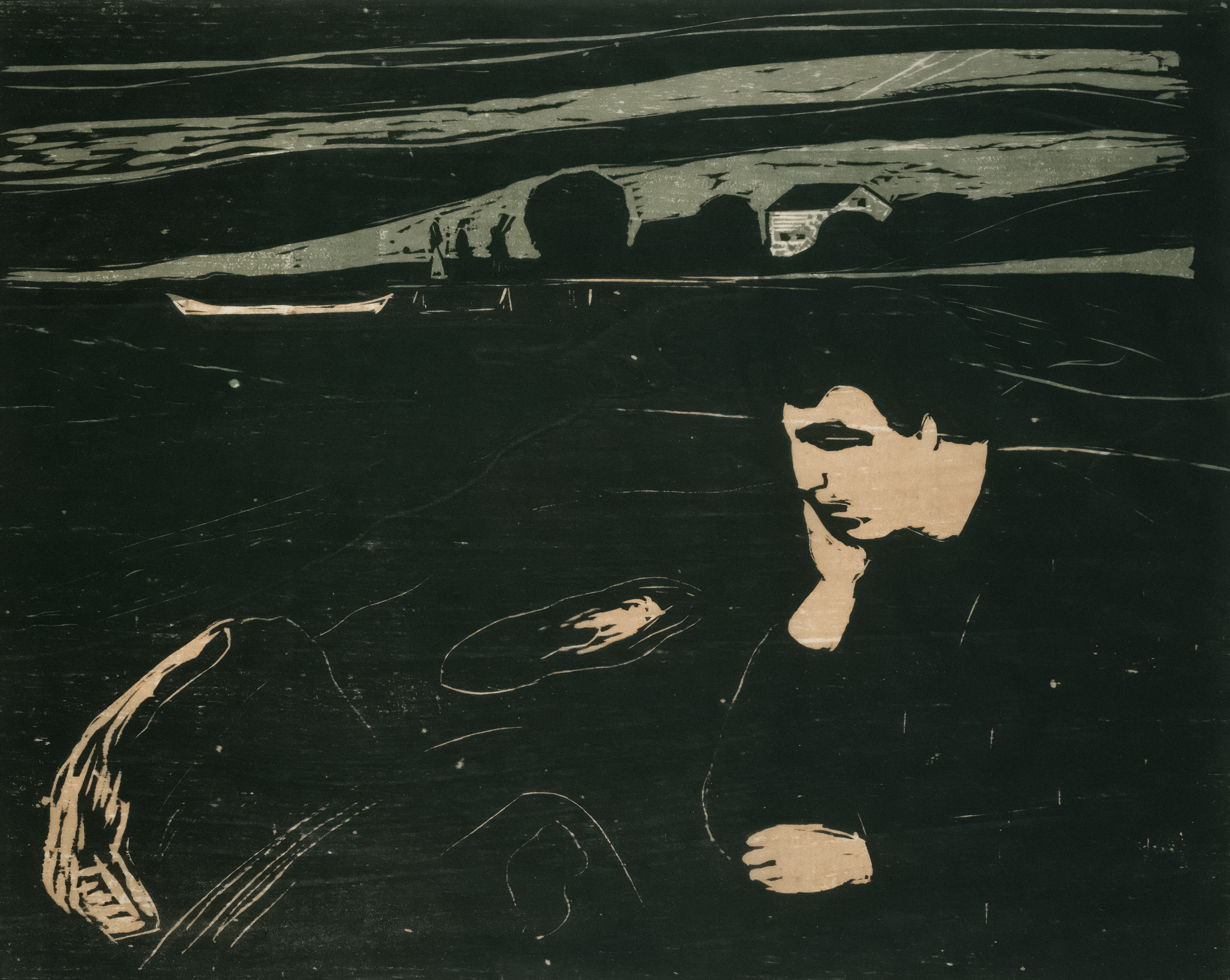
4. Jesus weeps with us
Suffering permeates our world. In my eighteen years of experience, I have wrestled with pain. While I have been blessed with the physical comforts of shelter, food, and provision, I have struggled mentally with forces of darkness in the form of hopelessness, anxiety, and weariness. I have felt riven by the throes of uncertainty amidst death and dislocation. Overwhelmed by the pressure of inner griefs, pushing against the walls of my heart.
But, in the midst of this suffering, God is near. He weeps with me. He is “close to the brokenhearted and saves those who are crushed in spirit” (Psalm 34:18). “He was despised and rejected by men, a man of sorrows and acquainted with grief” (Isaiah 53:3).
He is present even when he feels distant. Even when my mind declares the lie of separation, when my emotions declare rejection, and my heart declares numbness, He is present. “When darkness veils his lovely face, I rest on his unchanging grace.”
I trust in the renewal to come beyond my present suffering.
“For no one is cast off by the Lord forever. Though he brings grief, he will show compassion, so great is his unfailing love. For he does not willingly bring affliction or grief to anyone.”
Lamentations 3:31-33
5. Kindness touches
You may not see the results. Your actions may not be noticed or appreciated. But they are remembered. They do touch others, even if in subtle ways.
6. Children can teach us
I learned from my three-year-old cousin the beauty of the ground. The value of nearness to the earth. From dandelions to bubbles, from children’s books to puddles, I learned the beauty of tiny things. I learned to be present and to play. To leave the cozy refuge of my mind and inhabit the earth with my five senses. I learned to mourn little sufferings, a scratch, a hole in the ground, an untied shoe, for little things are the world to children. While I appreciate the discussion and mental and emotional maturity of older individuals, I learned to love children. And love them for who they are and the world they inhabit — not the ideals I imposed on them.
7. The aged can teach us
Although I have always enjoyed listening to the tales and perspectives of older people, I acquired a deepened value for the aged after spending a semester researching and finally presenting on current perceptions of aging for my Capstone class. I interviewed teachers and staff at my school of different generations regarding their view of aging and how their experiences and cultural backgrounds had influenced that view. Through my conversations and interactions with people older than me, I glimpsed the world in a new way. I learned to be present, to confront my mortality, to enjoy my age, to listen to God’s voice and direction, and to live purposefully.
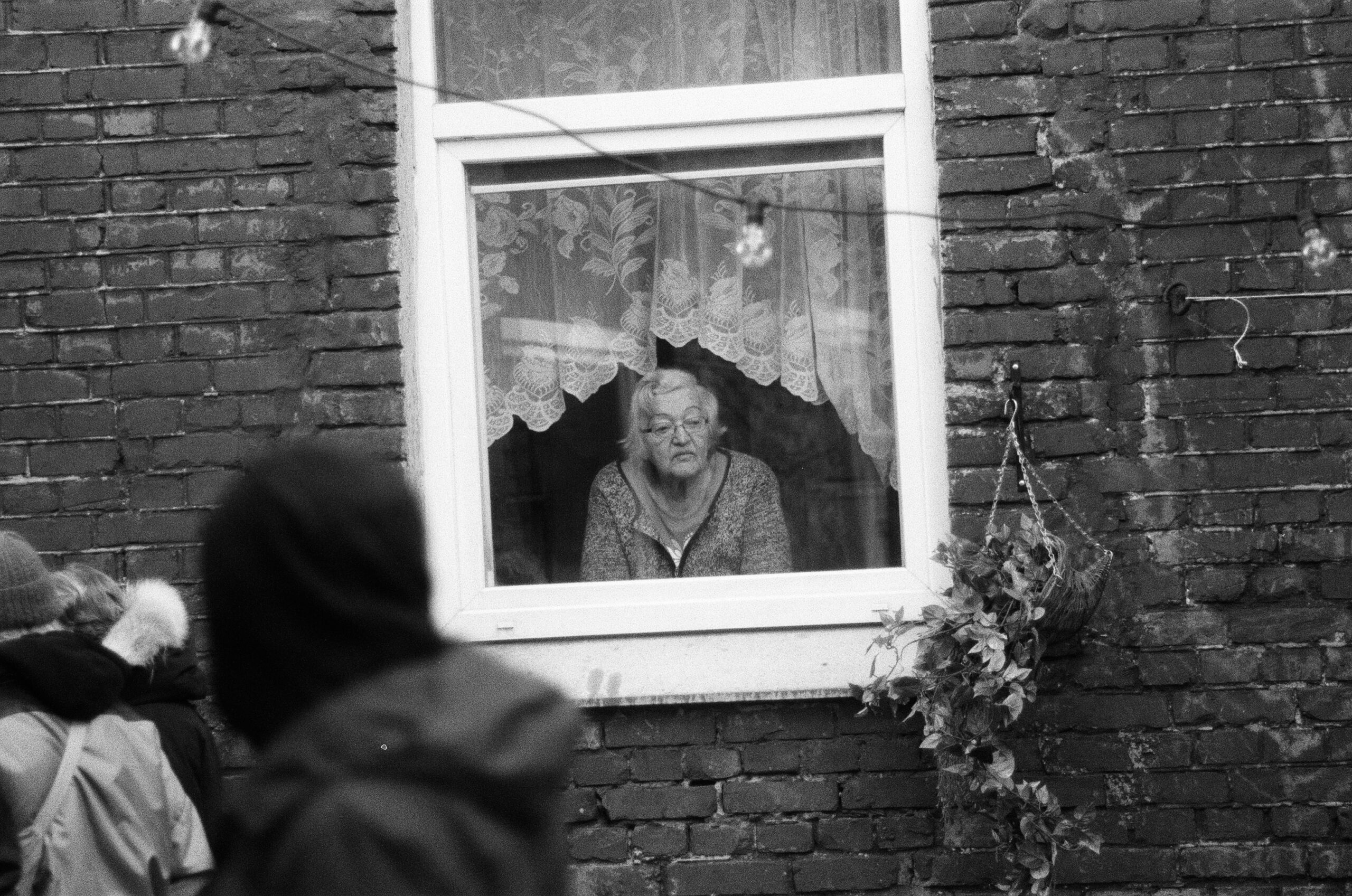
Aging is not glamorous. Cognitive, physical, and emotional decline is a reality that many individuals face (and one I will eventually confront). But these factors should not overshadow the value an elderly person possesses. They have stories to tell, kindness to show, wisdom to share — a myriad of treasures made richer by their years. They are simply waiting to be asked, to be noticed. Let us respect them by not ignoring them.
As one of my interviewees reminded me, “Though our outer self is wasting away, our inner self is being renewed day by day” (2 Corinthians 4:16). I do not fear growing older, for I desire to be “renewed day by day.”
8. Silence is underrated
In a world brimming with digital noise, political chaos, and emotional pressures, quietude is obsolete. It is so easy to reach for our phones when our emotions are low. To numb ourselves to reality by consuming more content, more sound.
But, on a fast from my phone, I rediscovered the beauty of silence. I befriended it. It was difficult to adjust my mind, at first. But, as I spent more time in silence, I cherished what I gained from it. I learned to listen in a new way. To nature, to my body, to God. I learned to be still. I learned to focus on the present, on the subtle actions — from the movement of an ant to the fall of leaf — happening beneath my nose. As Tom Rosenthal sings, “Life in front of me.” Life I would not have glimpsed if I had been scrolling through my phone.
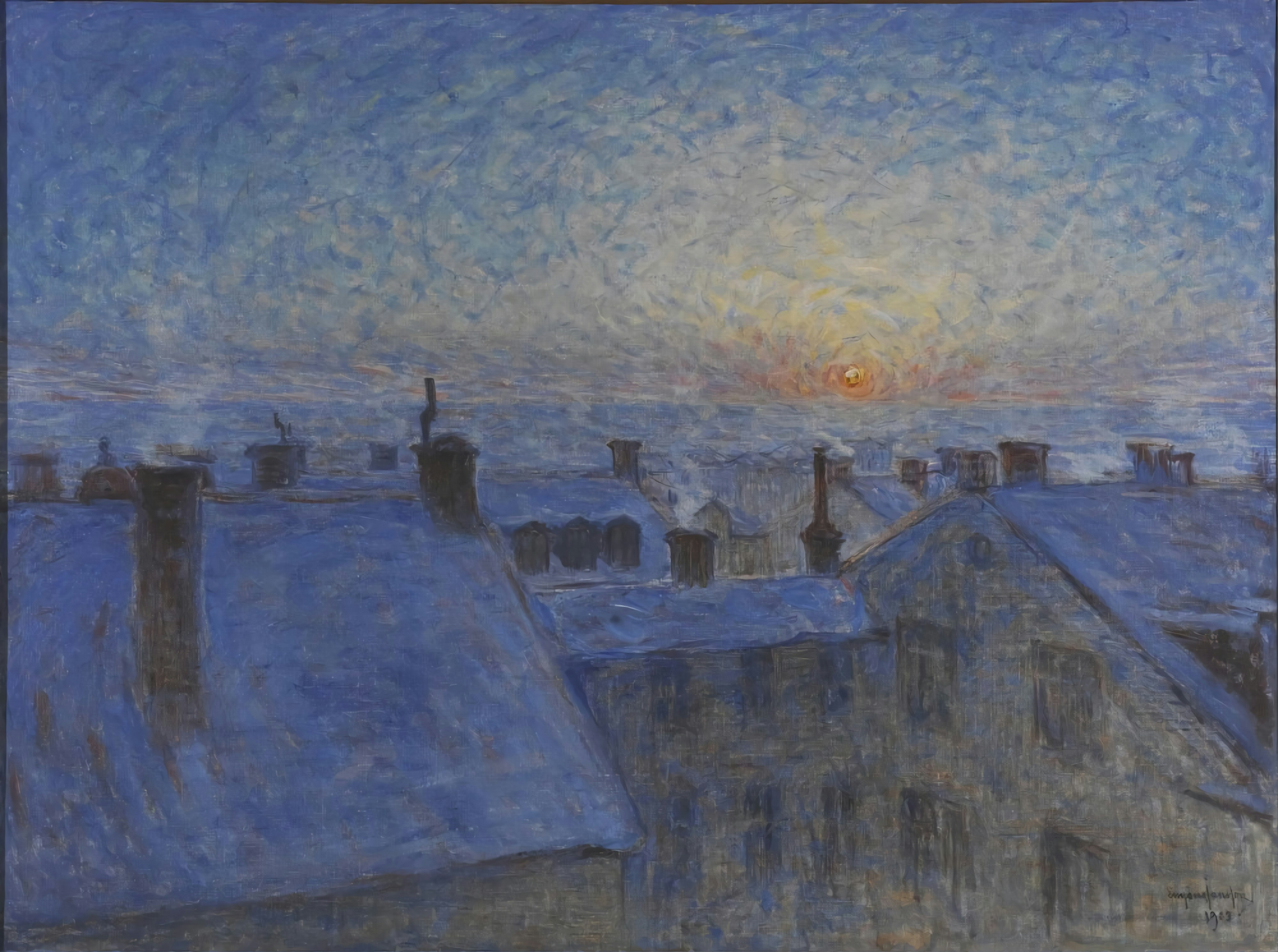
9. Record Your Life
In the past, I believed that keeping a journal meant I had to journal every day. I was often frustrated in my aims to journal daily by busyness, weariness, and dullness. Eventually, I stopped journaling consistently, picking up my diary only when a significant event occurred or I felt emotionally tumultuous. But, this past year, I have found that writing weekly in my journal has been valuable for my mental and emotional health. I inscribe events of the week, my emotional states, absurd thoughts, and spiritual musings. I scribble sketches in black pen of beautiful things I had seen. I journal for my edification, regardless of the number of pages I complete and the absence of readers.
10. Walk slow
You will see differently.
11. Rest is worth it
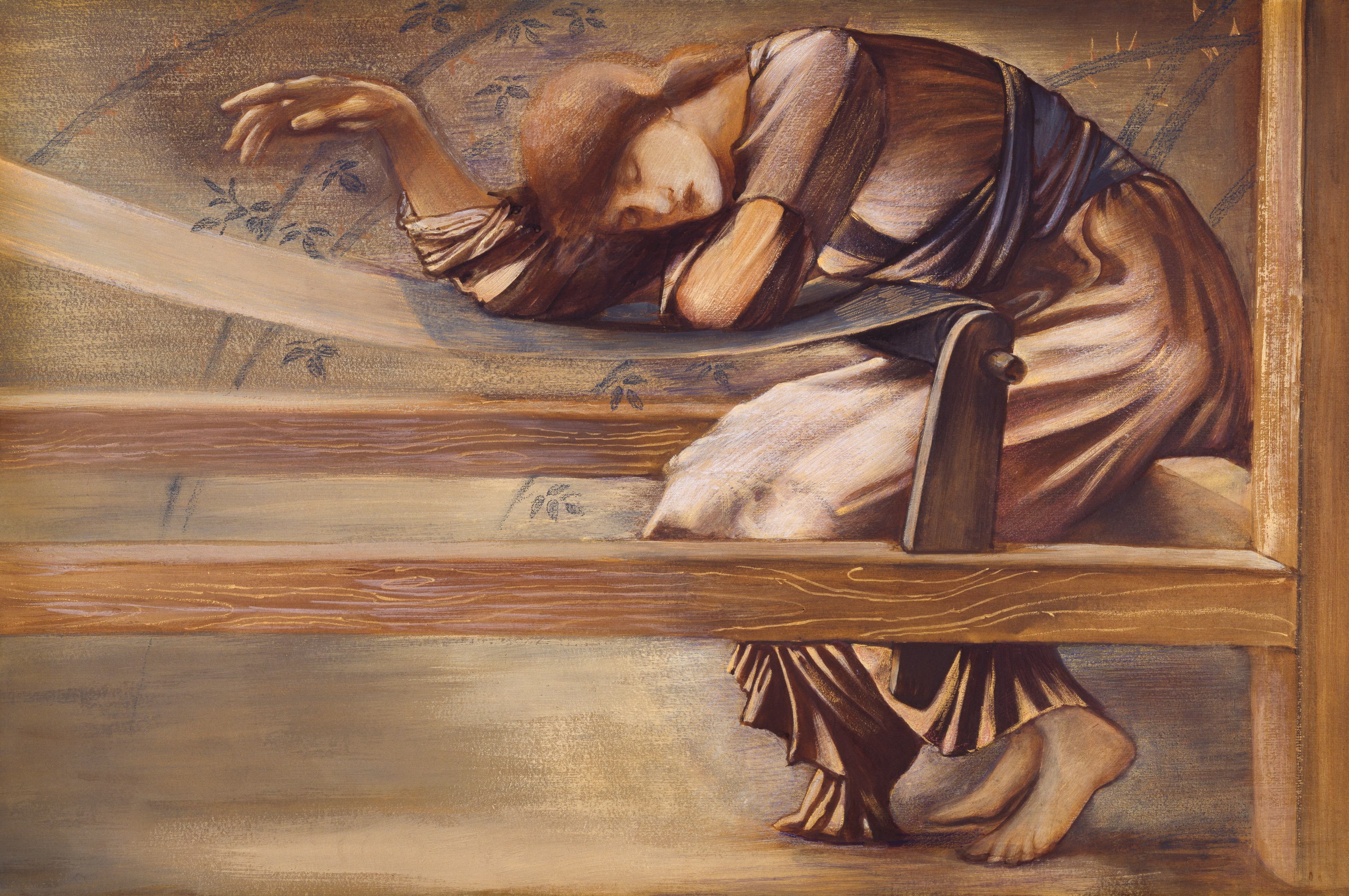
I have learned to pause in my academics and daily tasks to rest. To slow down. In the past, I struggled with balancing my academic workload with my personal downtime.
But I have recognised that taking care of my brain and body through nourishment, sleep, and rest is of greater significance than the immediate completion of an assignment. And this conviction has motivated me to establish study patterns of finishing homework early, taking breaks to relax my mind, and shutting off my technology around an hour before bed.
So, pause, dear friend. Take care of yourself. You, too, need rest.
12. Pride is subtle
Pride is an ivy. Subtle, cunning, slowly creeping. I have struggled with pride, with comparing my academics, spiritual life, and personality with others. Pride can sprout even underly my efforts to serve others. My recognition of my tendency to pride coincided with my recognition of Christ’s utter humility. He bent low, he washed the feet of his disciples, he ate with the lowly, he did not judge man’s exterior, he did not seek man’s affirmation.
I want to grow in humility. Not in a way that indirectly feeds my pride when I act humbly (oh, the many layers of pride) — but in a way that reflects Christ’s meek servitude. I want to recognise my own weakness and serve without need for recognition.

13. Growth is continual
I am always growing. Every day. And this thought excites and terrifies me. I have been increasingly aware of my areas of weakness this last year, and, in addition to humbling me, it has shown me how dynamic I am. While there are some steadfast aspects of who I am and the values I hold, there are other areas receptive to change, to growth. I look forward to seeing who God will shape me to become in five, ten, sixty-two years.
14. Quietude is okay
I am quiet. And that is okay. In the past, I have envied the articulate, the vivacious. Yet, when asked to speak, my voice stutters, my face burns from the attention. I have grown in appreciating, rather than envying, this quality in others. At the same time, I want to grow in my confidence when speaking. I have accepted my quietude while recognising room for growth. I may never be vivacious. And that is okay. 🙂
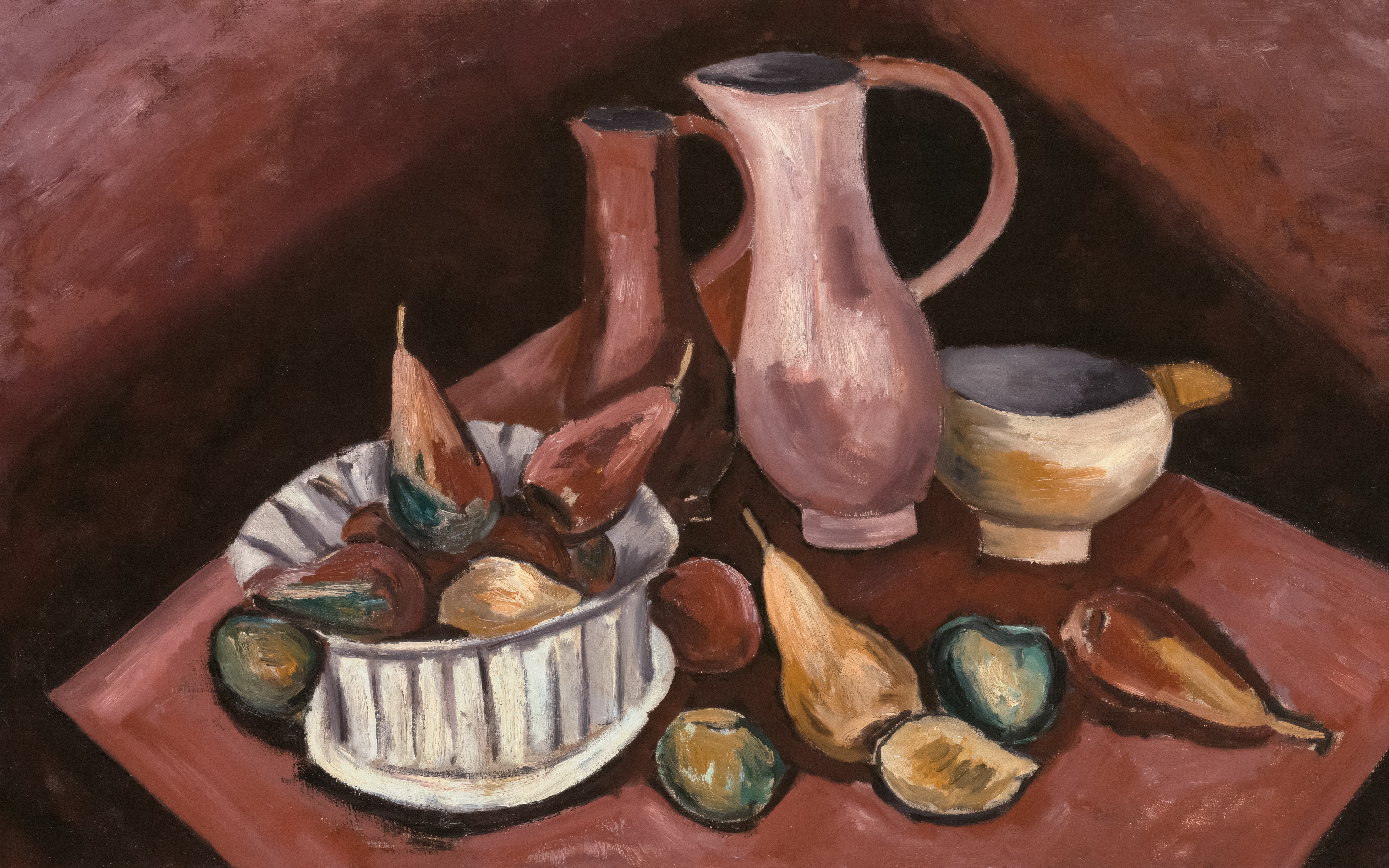
15. Consume mindfully
As Roo Panes sings in “Ophelia,” “Do you really need all of the things you want”?
This past year, I have spent some time pondering the appeal of instant purchases. Advertising campaigns and flashing “sale” signs attract us, appealing to our emotions and demanding that we buy quickly. We weave dreams of what we could do with this new product, the people we could impress, the places we could go, the things we could accomplish. We yearn for the purchase to define our identity in a new way.
But, like children who discard their toys after a week of play, this obsession with a product quickly fades. It is replaced by apathy, remorse (?), and a yearning for a *new* product. Such is the timeless cycle of consumerist longing, a cycle that is perpetuated by commercialism and the elevation of labels.
To pause this cycle, we have to acknowledge our immediate yearning for the product yet ask, as my dear friend did, “Will I want this in two days?” Reflection is not only critical in personal growth but in practical matters as well. Let us take time to examine our consumption choices. We may find out, in response to Roo Panes, that we really do not need all of the things we want.
16. Solitude is enriching

It is okay to be alone. To eat lunch or take a stroll by oneself. There is such a cultural shame around solitude, around being perceived as “lonely” when one is alone. I describe this feeling in my recently published poem “Solitude“: “Content,/ I’m forced to hide my solus self / At fault for looking up – not at.”
As I prepare to enter a period of transition and probable loneliness, I want to learn contentment both in community and in solitude. I want to continue to befriend myself, regardless of how I am perceived. Contrary to popular perceptions, moments of solitude do not limit relationships but richen them. The reflection and insight birthed in isolation can provide food for later conversations. 🙂
17. Greet death
Death will one day greet me and one day greet you. This reckoning with my mortality has taken on a new shape in my reading of medical books (Being Mortal and The Lost Art of Dying) and memoirs (When Breath Becomes Air). In a practical sense, facing our mortal finitude allows us to have conversations with family members in advance to ensure our end-of-life wishes are met. But, in a personal sense, it allows us to live more meaningfully. To discern what we value and how we want to live. To know how we want to spend our minutes. To know God deeply.
18. Live Now
I am alive, now. I want to dwell in the slow days and pause in the hurried days. I want to enjoy time with the people around me while they are around me. Life is not was or will be — life is.
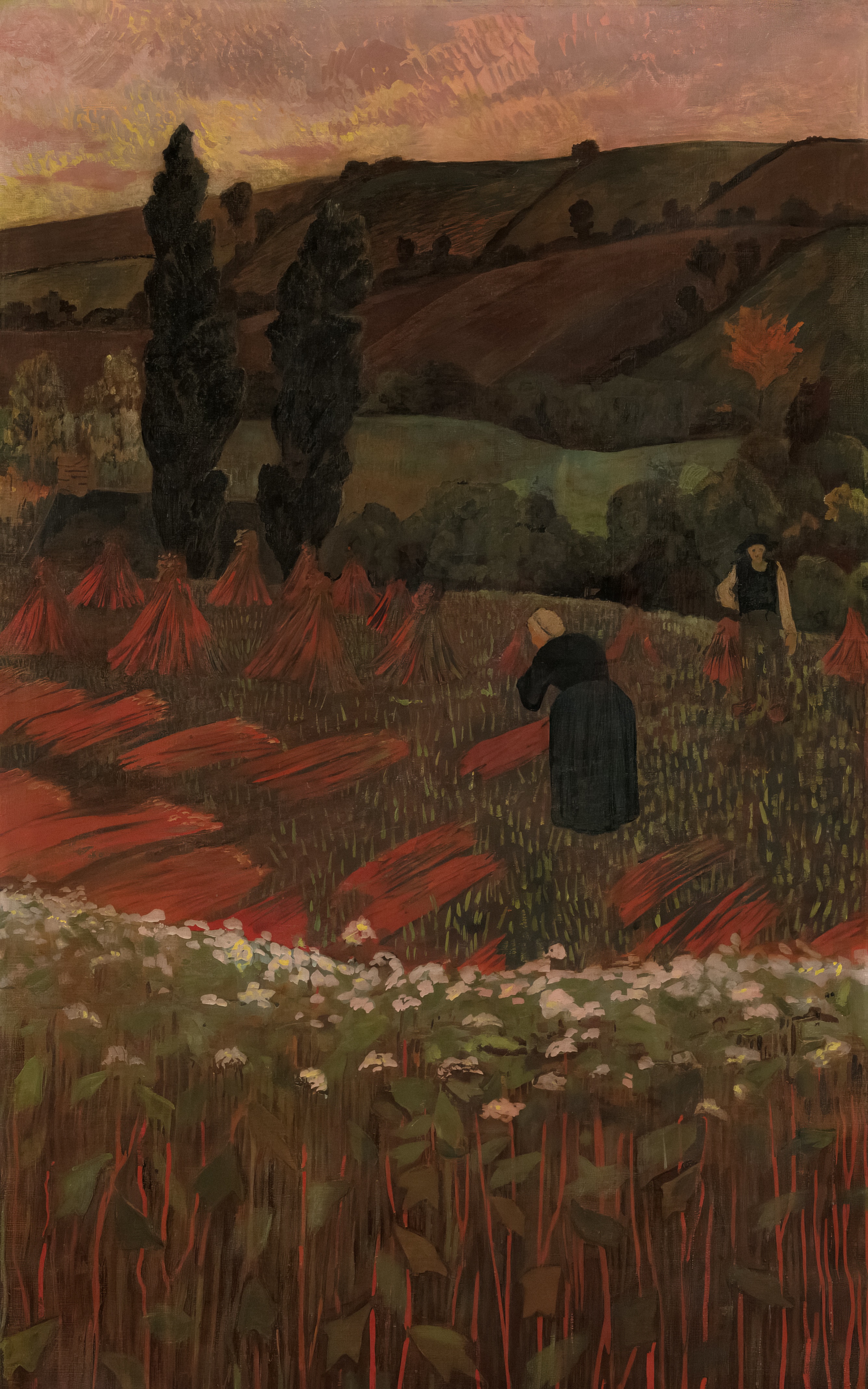
Let me know your thoughts in the comments below. I love to hear from you.
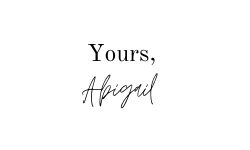
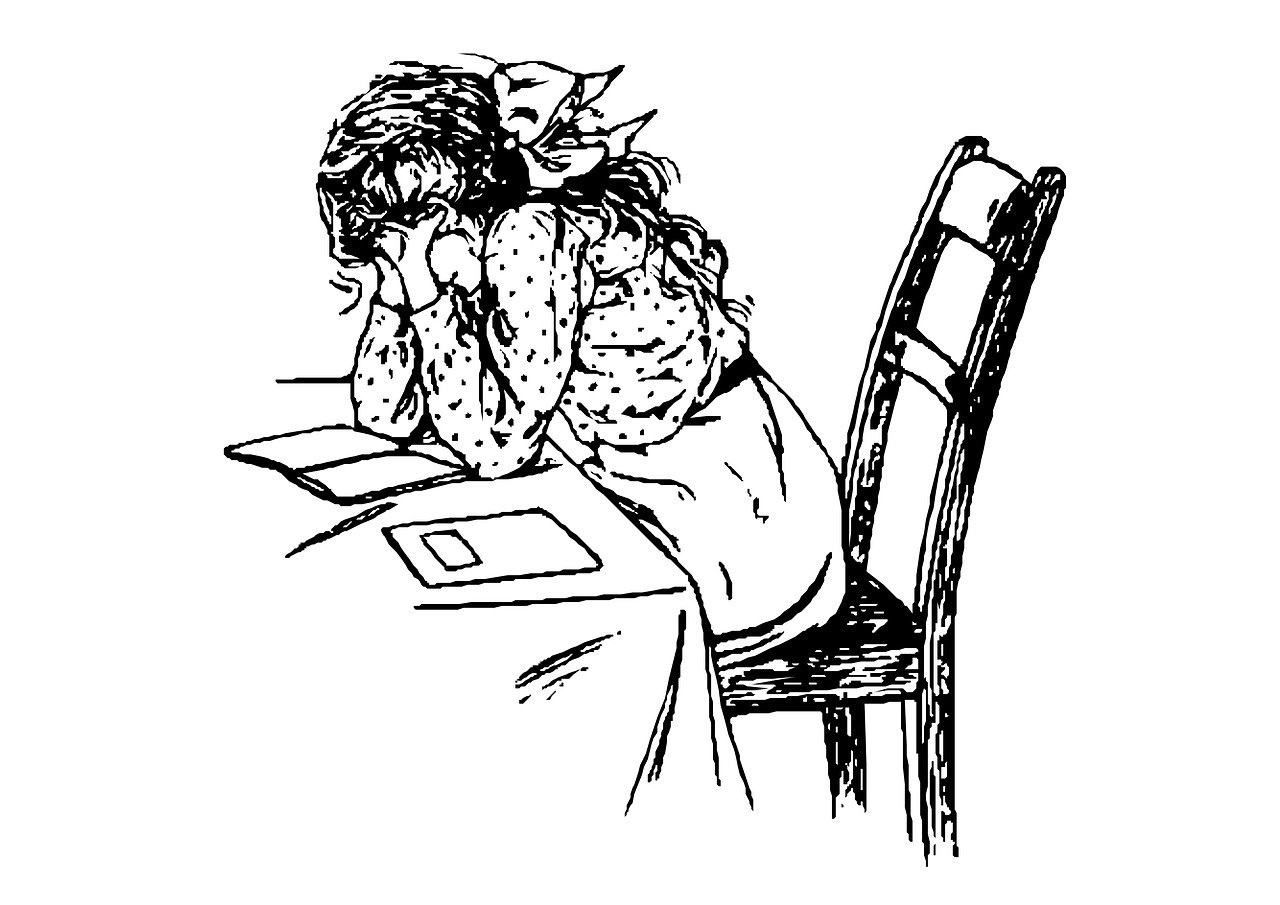
One response to “Eighteen Going on Eighty”
Here are a few thoughts that came to mind as I reread your blog this morning. Our bodies are a temple. Our earthly temple, as it were, created by God for where we will dwell on earth. So the first thing-God is always speaking, but we aren’t always listening. We need to stand for something and stand against some things. In our actions with others , everyone has value; there are things to be learned from all people even those we deem bad. In this busy frantic world, it is our privilege to stand back, catch our breath and not engage at times. Being silent is a learned art and something I would like to practice. We should go slowly and purposely from one task to another rejecting the idea of “multitasking”. We should sleep well, we should eat well, and we should, with age come to realize that death is not something to be feared; a mystery yes, but not something to be feared.
Bless you, Abbi for your insights.